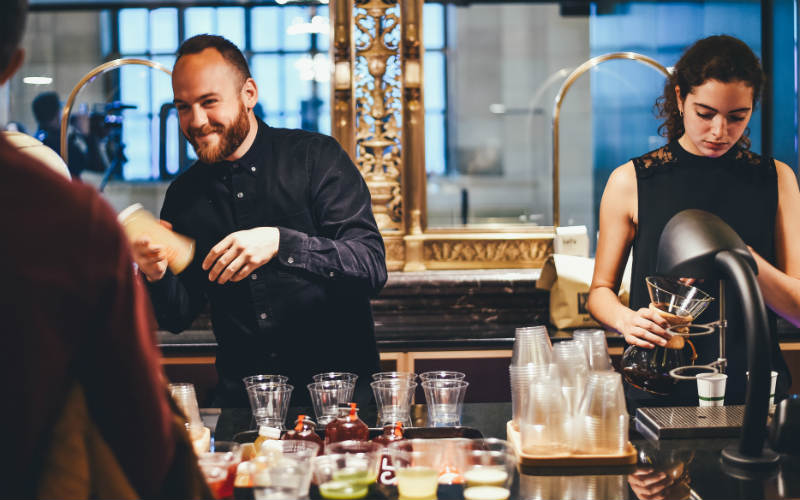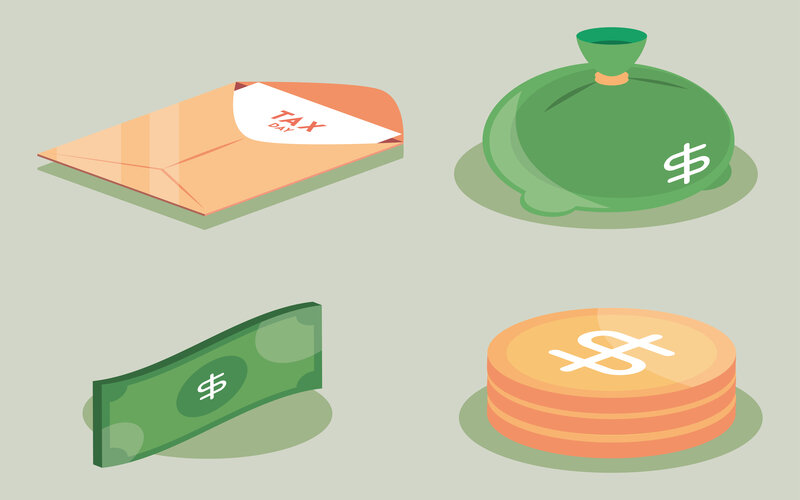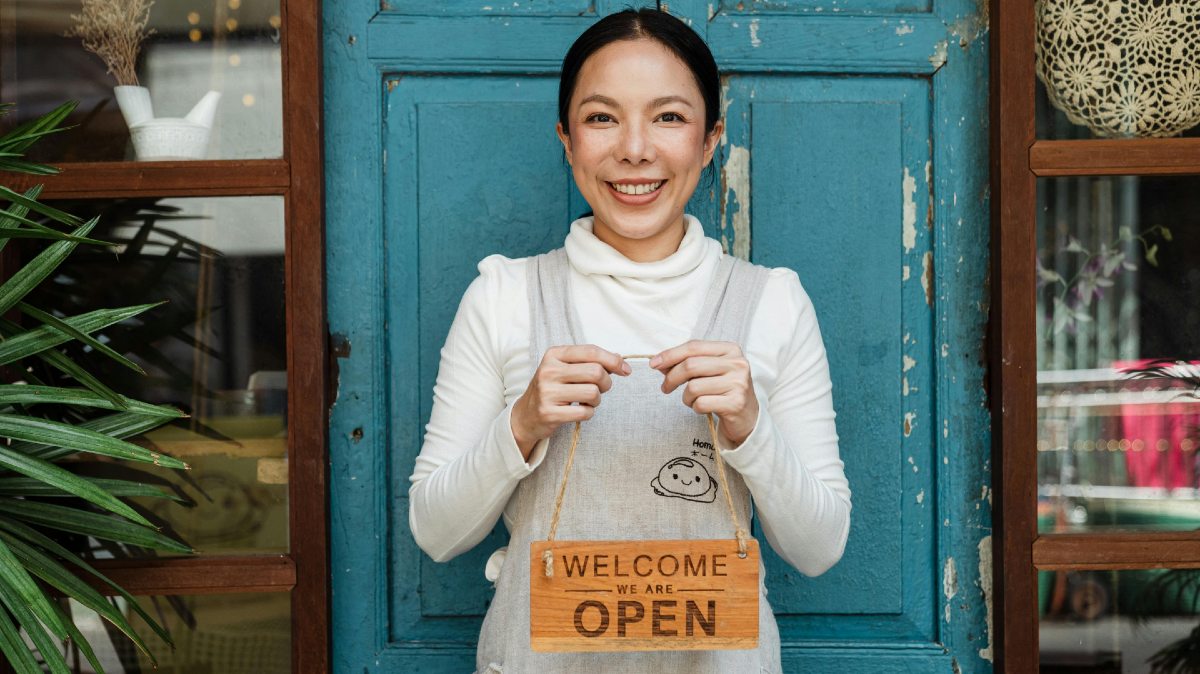Florists are tending to perfectly red roses, messages of adoration printed on cards have been propped up in supermarket aisles, and Cupid has begun to sharpen his arrows.
Valentine's Day is here and with it comes costs – some of which could be more expensive than expected.
While it might be uncomfortable to acknowledge, love can be hard on the wallet, just as the wallet can be hard on love.
New research from Westpac reveals the vast majority of couples argue about money, while Australians lost millions to romance scams last year.
And that’s before anyone books a fancy restaurant or puts down a deposit on a diamond ring.
Fortunately, there are plenty of ways Australians can ease the cost of falling in love, on Valentine's Day and beyond.
Nine in 10 couples argue about money
Money is the most contentious issue among Australian couples, causing more arguments than politics and ex-partners, according to more than 2,000 Australians surveyed on behalf of Westpac.
When it comes to specific topics, 62% of couples said frivolous purchases caused disagreements and 56% pointed to financial challenges and concerns as argument proponents.
The big bank urges couples to open up a respectful dialog about money.
“In healthy relationships, it’s important both parties know how much money they have and where it is going with an equal contribution to money decisions,” Westpac’s Annabel Fribence said.
“This may help alleviate concerns, manage expectations with one another, and better set yourselves up for success in achieving your individual and joint aspirations.”
But if you grimace at the thought of exposing your income, assets, and debts to your partner’s eyes, you’re not alone.
While the majority of respondents agree that regularly talking about money is a green flag, 22% admitted to rarely discussing their finances with their partner.
However, not all relationships offer a safe space to talk about money. If you or someone you know is experiencing or at risk of domestic, family, or sexual violence, call 1800RESPECT on 1800 737 732.
When dating turns dubious: Avoiding romance scams
Gone are the days when most couples first lock eyes on one another in a meet-cute moment as they go about their days.
These days, the most common way Australian couples meet is through dating apps, as per more than 4,200 engaged and newlywed couples surveyed by Easy Weddings.
But with new ways of meeting a spouse comes new risks – risks that have cost Australians millions and could leave hopeful lovers broke(n-hearted).
Romance scams
“Romance scams often leave victims struggling with significant emotional trauma,” Bank Of Queensland general manager of financial crime Benjamin Hargreaves said.
“Not only do they have to deal with the financial impact, but they also must come to terms with the realisation that the relationship, which may have been cultivated over months or even years, is not real.”
Around 3,400 romance scams were reported to the ACCC’s ScamWatch last year, costing would-be love birds more than $33 million.
Romance scammers will generally operate a fake profile that they use to gain the trust of those looking for love.
Once they’ve lured a victim, they will use the resulting relationship to ask for money or gifts, or for help to transfer money.
Often, they’ll create a scene of urgency or excitement, perhaps telling a victim they need money for a medical emergency or to book a ticket to visit.
Romance baiting scams
A rarer but more costly form of romance scam is dubbed a ‘romance baiting scam’.
It works the same way as a typical romance scam, except that at some point the scammer will encourage the victim to invest money in one vehicle or another – often cryptocurrency.
When a victim reaches the point at which they don’t wish to invest any more, or they ask for their money back, the scammer will generally disappear.
“These scammers will spend weeks, even months, messaging their victim, making them feel like they’ve formed a genuine connection before shifting the conversation to investment or cryptocurrency opportunities,” ACCC deputy chair Catriona Lowe said.
“Ultimately, these ‘opportunities’ turn out to be investment scams, leaving the victim not only broken-hearted but out of pocket by significant amounts of money.”
Australians lost more than $40 million to romance baiting scams last year, with 484 of the scams having been reported to ScamWatch.
5 red flags to look for when dating online
According to the Australian Banking Association (ABA), warning signs of a romance scam include:
- Profiles that appear ‘too good to be true', that include limited information or inconsistent details
- Quick declarations of love, often within days or weeks of meeting
- Reluctance to video chat or meet in person
- Urgent financial requests, often with emotional stories, the promise of returns, and/or tight deadlines
- Requests to use unconventional payment methods like gift cards, cryptocurrency, or money transfers.
“In the digital age, romance scams have become increasingly sophisticated, and individuals must be proactive in safeguarding themselves from potential threats,” ABA CEO Anna Bligh said.
“If something feels off or too good to be true, it probably is.”
How to cut costs this Valentine’s Day
So, let's say you’ve found a date, perhaps had a chat about money, and you’re now looking to plan a delightfully frugal Valentine’s Day celebration.
Fortunately, there are plenty of ways to achieve that goal on 14 February.
Perhaps the first step is to consider what romance means to you and your partner.
The vast majority of Australians (75%) prefer to celebrate intimate moments in private, research by Barilla found.
Thus, a home cooked meal could be the perfect ticket to a winning day of love.
“When we invite friends, family, and lovers for a meal, we are showing them we care by catering to the love languages of quality time and acts of service,” The Relationship Space psychologist and relationship coach Phoebe Rogers said.
“Therefore, a Valentine’s Day with a home cooked meal will allow for more genuine connections and private conversations whilst also suiting everyone’s budget as we continue to experience cost of living pressures.”
Meanwhile, many Aussies are choosing to cut out gifts this Valentine’s Day.
The Australian Retailers Association (ARA), alongside Roy Morgan, found just 3.4 million Australians will be handing over a romantic gift this year – down 700,000 from 2023.
Among those who are gifting, one traditional present stands out.
“With the financial pressure that Australians are under, flowers remain the go-to gift,” ARA CEO Paul Zahra said.
“They’re a sentimental token of love and affection that can be tailored to any budget without breaking the bank.”
Image by Khamkéo Vilaysing on Unsplash



 Harrison Astbury
Harrison Astbury
 Harry O'Sullivan
Harry O'Sullivan

 Jacob Cocciolone
Jacob Cocciolone


